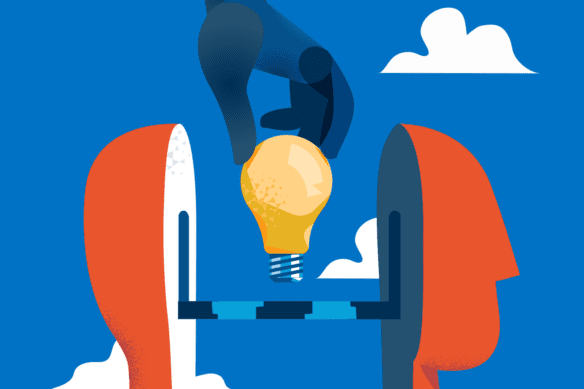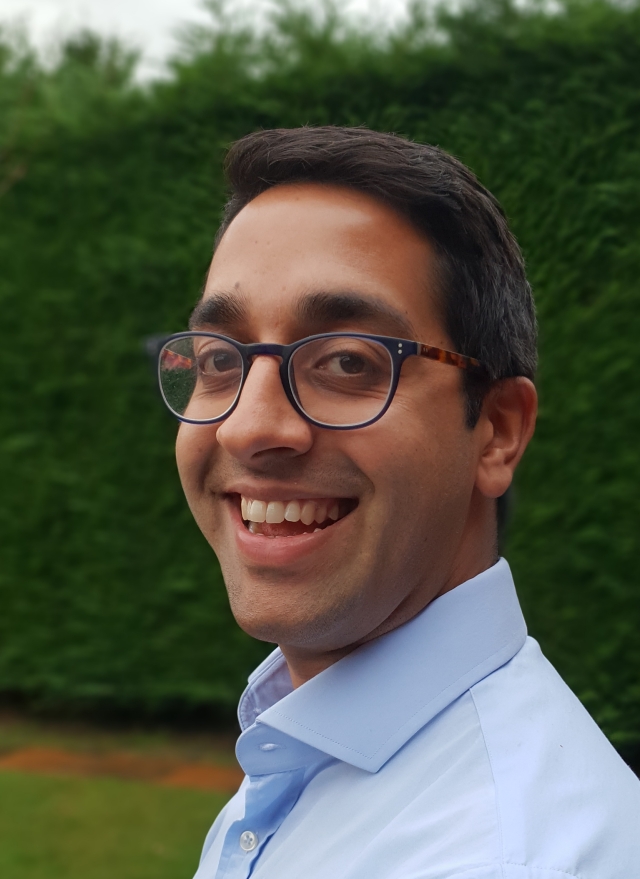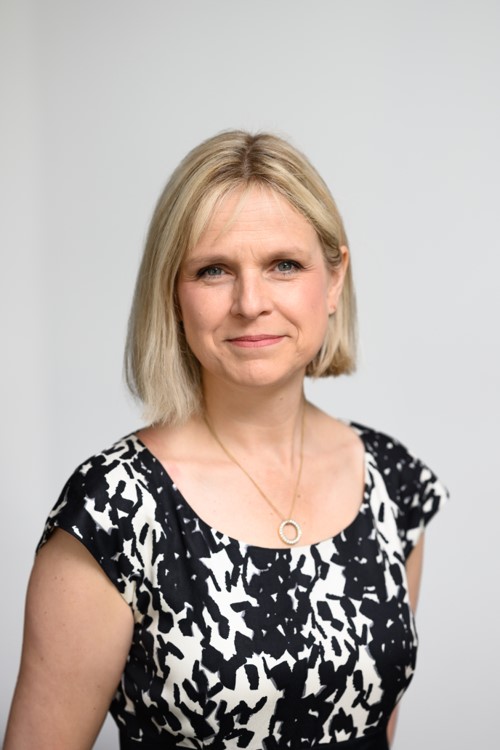Meet Judith Clarkson, Commercial Director of MyPathway (previously ADI Health), which is now part of VitalHub UK. MyPathway is a digital health platform that is used to improve patient interactions during treatment for long term conditions as well as those individuals visiting acute facilities for shorter term elective or outpatient services. Hear what Judith has to say about how she has been supported by AHSN colleagues, her hopes for the future of innovation within the NHS and how MyPathway allows the flow of communication between patients and clinicians.
Tell us a little bit about your innovation: the what and the why?
MyPathway is an app for your smartphone, tablet or computer that gives you information about your treatment and allows you to answer questions about your progress. It’s a digital pathways presentation with all of the information you need in one place.
It came from the desire to encourage patients to give their feedback so that they are provided with the services that they actually want. Sheffield CCG were redesigning their MSK service and they needed to collect data to hear how patients felt post and sometimes during treatment. They could have used something like SurveyMonkey to obtain this, but it would involve patient identifiable data, so the system had to be secure but effective. MyPathway was created to do that and it’s now grown into something much bigger than a questionnaire tool.
What was the light bulb moment?
The idea that people could fill in healthcare questionnaires while they’re on the bus. All other parts of our lives went digital years, sometimes decades ago. So the light bulb moment was being able to offer healthcare in a digital way for people who want it. You would be able to interact with your clinician or your timeline wherever you want, rather than having to wait, go home, sit down and get a pen, fill in the questionnaire, put it in an envelope, walk to the post box and post it.
Which AHSNs have you been supported by?
Yorkshire and Humber, in particular by Pete Waddingham and Sophie Bates, who have been really supportive. They’ve held really useful networking events and events where you’re able to showcase your innovation. We went to an event in ExCeL in London and had the opportunity to present as part of the AHSN stand at a time when we wouldn’t have been able to afford to take part under our own name. So it’s really good that they provide this kind of umbrella opportunity for people.
Sophie in particular is a font of knowledge on what’s going on and she’s been very generous with her time in sharing that knowledge, and Pete’s been really supportive because he’s involved with MSK and MyPathway started with MSK.
What’s been your toughest obstacle to date?
MyPathway is a disruptive technology, and it’s not something that can be procured by an individual so there are multiple stakeholders. It’s difficult to get everybody aligned at the one time because everyone has got their own strategic priorities. The NHS has been slow to digitise, and it’s naturally risk averse for a good reason: if they do something new and it goes wrong, it could be a disaster. So it’s safer to stick with the old ways of doing things, because then at least that’s tried and tested. So I can understand culturally why it’s a challenge.
We’re working with a team of clinicians across Wales at the moment. And they’re just so excited because they’ve previously just been using a piece of paper with a telephone number on it for their patient initiated follow up. One of the things that they’re really excited about is that the paper doesn’t give them a trail, so they can’t pull the data. But when they’re using MyPathway, the data is at their fingertips in real time.
What are your hopes for the future?
There are thousands of innovators in the NHS that are busting a gut to try and do things better in more efficient, more effective ways, but they can be very isolated. You’ve got determined people who are going to make it happen and their innovations get through because of the sheer determination of the people that are pushing them. I would really like to see those people better supported and see the culture of the NHS embracing change and embracing opportunities for the future. As somebody working in that sector, but also as a punter of the NHS, that would be absolutely tremendous.
What’s the best part of your job?
My colleagues and my customers. We’re a very agile organisation and our customers are just like friends. They’re such nice people, but because of COVID, you’ve never met some of them because you’re working from home and yet you know about their families, their friends and their hobbies. And it’s absolutely lovely, particularly because working from home can feel quite isolating and you’re missing all of that kind of camaraderie. So between our fantastic colleagues who are quite frankly genius boffins and our lovely customers: they’re my favourite things.
I’ve also got an illustrative story. There’s a lady who lives in Lincoln who has motor neurone disease, and she had a problem with her breathing which meant that her quality of life was very poor. She filled in her information on the MyPathway questionnaire, the clinicians were able to review her case remotely, and they found that there was something wrong with the settings on her breathing apparatus. So they altered the settings, and she said that it literally changed her life. MyPathway doesn’t make anybody better. It’s not a medical device. It’s not a treatment, but it improves the flow of communication. And in this case, it actually transformed somebody’s life, and that makes me incredibly proud.
Three pieces of advice for budding innovators?
- Understand the daily operational challenges that your customers have and then understand how you resolve those challenges via the mechanism of your software.
- Think about the whole landscape. Really focus on making an actual difference for the patients, for the clinicians and for the administrators. If it makes life much easier for the patients, but much more difficult for the clinicians, you won’t get the purchase that you need.
- Make sure that you hire passionate and determined people. Anybody you bring on has to really believe in what you’re doing and be as determined and as passionate as you are.

The government has set out three shifts it wants to see happen: treatment to prevention, hospital to community, analogue to digital. HealthTech has a crucial role in supporting the delivery of all three. But using technology to help deliver these changes requires procuring the technology, and when all the noise is about there being no [...]

Dr Anish Bhuva, is the founder of Pace MRI, a Consultant Cardiologist at Barts Heart Centre and an Associate Professor at University College London. Tell us about the innovation. What does it do, how does it help, who does it help and why is it important? Pace-MRI is an award-winning digital tool that manages complex [...]

As we celebrate International Women’s Day, Anna King, Commercial Director at Health Innovation Network South London, identifies how FemTech is 'Accelerating Action' in UK healthcare and driving economic growth. In recent years, FemTech - the sector focused on women’s health and wellness technology - has gained significant traction globally. In the UK, this growing sector [...]









